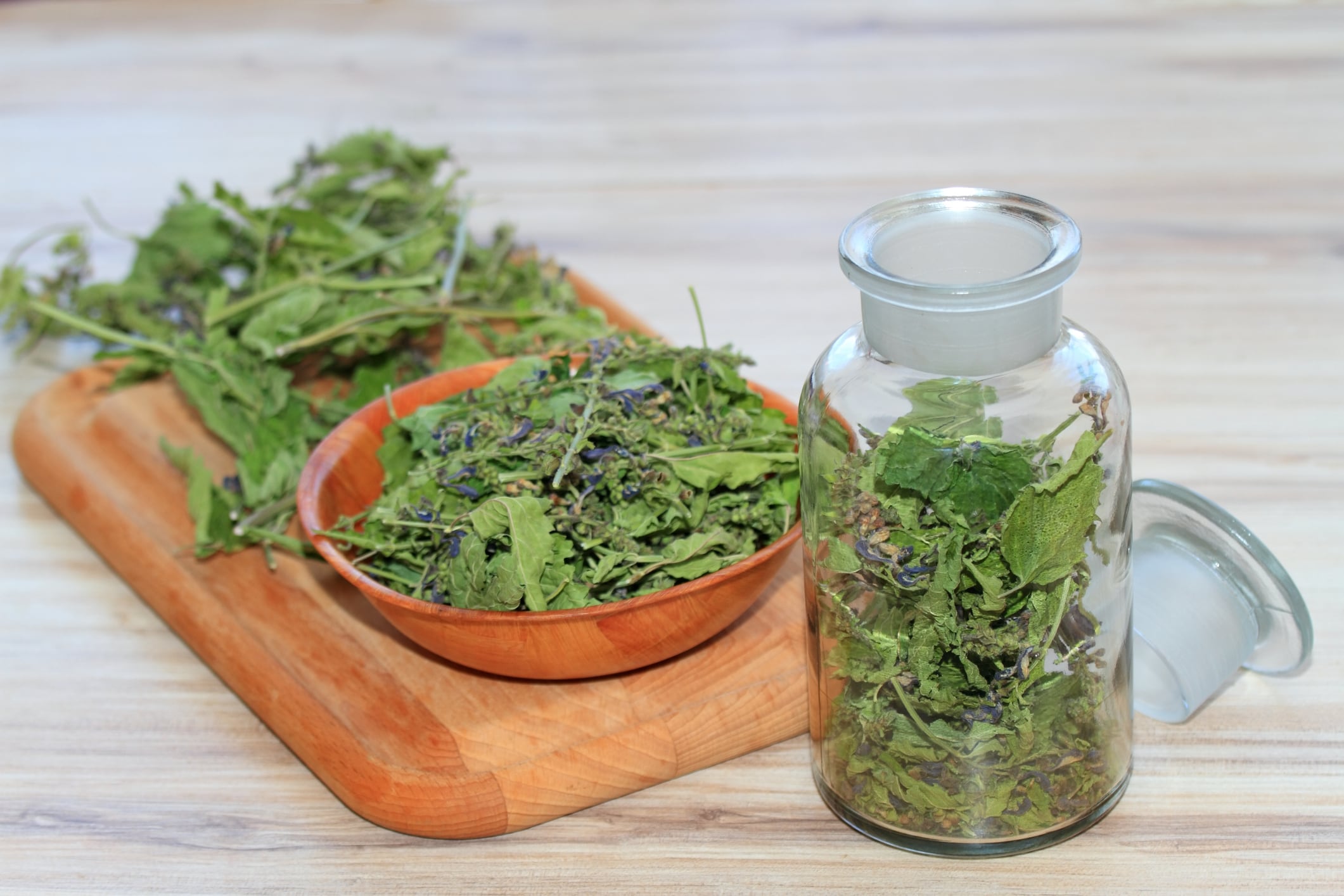The supplement showed carryover effects, suggesting its actions persist for at least a month after discontinuation, researchers from the University of Napoli Federico II and other institutions in Italy, New Zealand, Pakistan, and China reported in the journal Nutrients.
“Overall, these findings suggest that a [Scutellaria lateriflora L.] extract-based food supplement is a safe and effective strategy for restoring the sleep-wake cycle and improving quality of life in individuals with primary insomnia."
Herbal approaches to sleep disorders
The European Sleep Research Society suggests that insomnia affects more than 10% of Europeans, and although it is the most common sleep disorder, scientists have made less progress towards addressing it than other conditions, such as sleep-related breathing disorders and restless legs syndrome.
The current study notes a direct link between sleep disorders and an increased risk of cardiovascular disease, hypertension, diabetes mellitus and mental health conditions. However, despite the prevalence of sleep issues, nearly half of the affected individuals have never discussed their concerns with their doctor or taken remedies, the researchers noted.
There are several herbal remedies for sleep, including valerian, chamomile and lemon balm. Melatonin is also used to promote sleep and regulate circadian rhythms. Some brands are developing natural phytomelatonin to avoid chemical residues in synthetic supplements.
Scutellaria lateriflora L. has been used traditionally for nervous tension, neurological disorders, anxiety and insomnia. Previous evidence has indicated it may suppress cortisol release and mediate GABA interactions, leading to sedative and anxiolytic effects.
The researchers noted that S. lateriflora contains phenolic acids and flavonoids, which are also found in valerian and chamomile.
“In fact, S. lateriflora improved sleep quality, efficiency, and wakefulness, with a carryover effect, which is not commonly seen in studies on valerian and chamomile; thus, it suggests S. lateriflora is superior in terms of effectiveness for use in mild to moderate insomnia,” they wrote.
Study details
The randomized controlled crossover study involved 66 participants with insomnia who took the BlueCALM supplement containing 400 mg Scutellaria lateriflora L. dried extract or placebo daily for 56 days, separated by a 28-day washout period. Participants had lower anxiety and depression scores, indicating that these conditions were not present.
The participants kept a sleep diary for the entire seven-month study duration, and the researchers evaluated them after each treatment and at intervals throughout.
The study also included a chemical analysis of the dried extract and recorded the presence of phenolic acids, flavonols, flavones, flavanones, phenylethanoids and C-glycosides.
Findings revealed that the Pittsburgh Sleep Quality Index (PSQI) scores increased over time in the placebo group, suggesting a progressive deterioration in sleep quality. In contrast, the scores in the supplement group consistently decreased, and no adverse effects were reported.
“Similarly, other sleep-related parameters, including sleep onset latency, sleep effectiveness, total sleep time and VAS [Visual Analog Scale] scores, demonstrated improvements in the food supplement group, supporting its potential efficacy in alleviating symptoms of mild to moderate sleep disturbances,” the researchers wrote.
However, they noted that the PSQI reduction in the supplement group did not reach the “threshold value of 5, below which sleep quality is considered good.”
They also highlighted that the carryover effect in the supplement group first suggested that the washout period was insufficient and indicated a “persistence of the supplement’s effects for at least one month after discontinuation.”
Therefore, they recommend future, larger studies that take these findings into account.
Source: Nutrients 2025, 17(9), 1491. doi: 10.3390/nu17091491. “Efficacy and Tolerability of a Chemically Characterized Scutellaria lateriflora L. Extract-Based Food Supplement for Sleep Management: A Single-Center, Controlled, Randomized, Crossover, Double-Blind Clinical Trial”. Authors: A. Di Minno et al.


